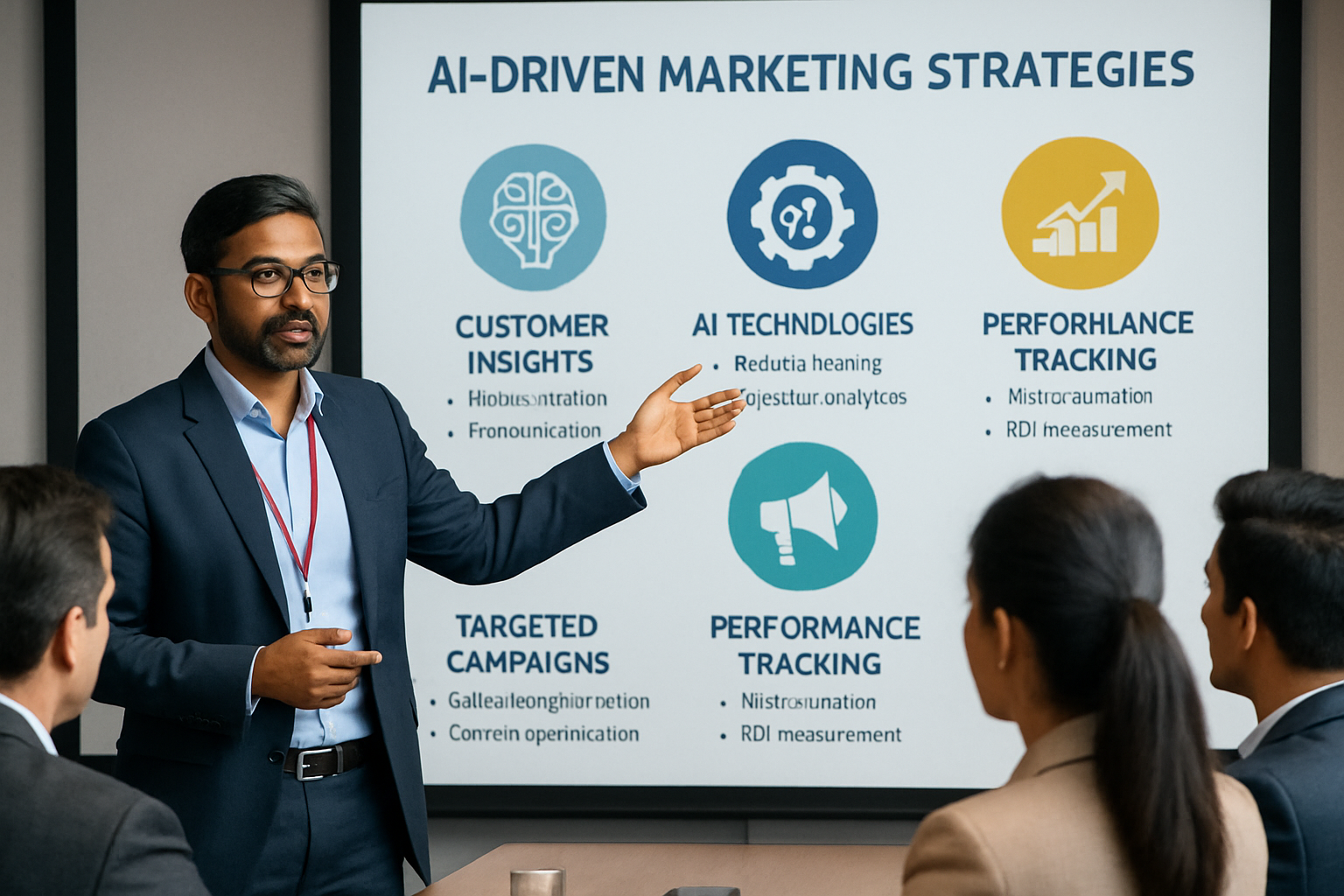Quick Take
- Indian AI retail market projected to grow 1,274% from $216.26M (2023) to $2.97B (2032)
- 77% of Indian shoppers prefer AI-powered personalized recommendations
- Omnichannel retail growing 50% faster than single-channel in India
- Brands with AI personalization 48% more likely to exceed revenue goals
Research data shows Indian retailers are rapidly adopting AI personalization as consumer expectations shift toward tailored shopping experiences across digital and physical channels.
Market Transformation Accelerates Customer Expectations
Indian retail faces massive transformation as AI-powered personalization becomes essential for survival. Retailers can now analyze customer data in real-time and create personalized recommendations matching individual preferences. This shift from generic marketing to tailored experiences is reshaping how brands connect with customers.
The numbers reveal compelling market dynamics. Brands excelling at personalization are 48% more likely to exceed revenue goals and 71% more likely to improve customer loyalty. However, a significant execution gap exists—while brands believe 61% of touchpoints are personalized, consumers only recognize 43% as individualized.
Consumer Demand Drives Massive AI Investment Wave
In India, 77% of shoppers prefer retailers using AI for tailored recommendations, creating immediate market pressure for adoption. The AI retail market is experiencing explosive growth, projected to jump from $216.26 million in 2023 to $2.97 billion by 2032.
This growth stems from changing consumer behavior as modern shoppers expect personalized experiences across all touchpoints. They demand seamless transitions between online and offline channels. Omnichannel retail in India is growing 50% faster than single-channel formats, with 73% of consumers using multiple channels before purchase decisions.
Leading Retailers Deploy Advanced AI Solutions
Top retailers are deploying sophisticated AI solutions that use customer selfies to recommend eyewear based on face shapes and suggest blue-light blocking lenses for frequent screen users. Personalized product bundles reach consumers’ phones instantly, linking previous purchases with potential future needs.
Myntra exemplifies this approach with AI tools like MyFashionGPT and My Stylist. Their generative AI assistant helps users shop with natural language queries. Users asking “what to wear for a festival” see a threefold increase in purchase likelihood.
Reliance Retail operates over 18,650 stores with unified inventory systems, using AI across the entire value chain from product recommendations to demand forecasting.
Strategic Implementation Presents Complex Challenges
Successful AI implementation requires understanding customer touchpoints and delivering consistent experiences across mobile apps, websites, and physical stores. The technology enables predictive retail experiences where customers receive relevant recommendations before searching, with payment processes becoming invisible through recognition systems.
However, implementation presents challenges. Retailers must navigate logistical complexities while maintaining data privacy and balance automation with human touch points.
Market Outlook Defines Competitive Future
The Indian retail market is expected to reach $1.4 trillion by 2024. Brands that harness AI retail effectively will capture disproportionate market share, while those failing to adapt risk obsolescence. The integration of AI into retail is no longer optional—it’s becoming essential for customer retention and revenue growth.
Data-driven personalization across all channels will define competitive advantage. The technology promises not just increased revenue but fundamental transformation in customer engagement. The future belongs to brands seamlessly blending digital innovation with human-centered service.






